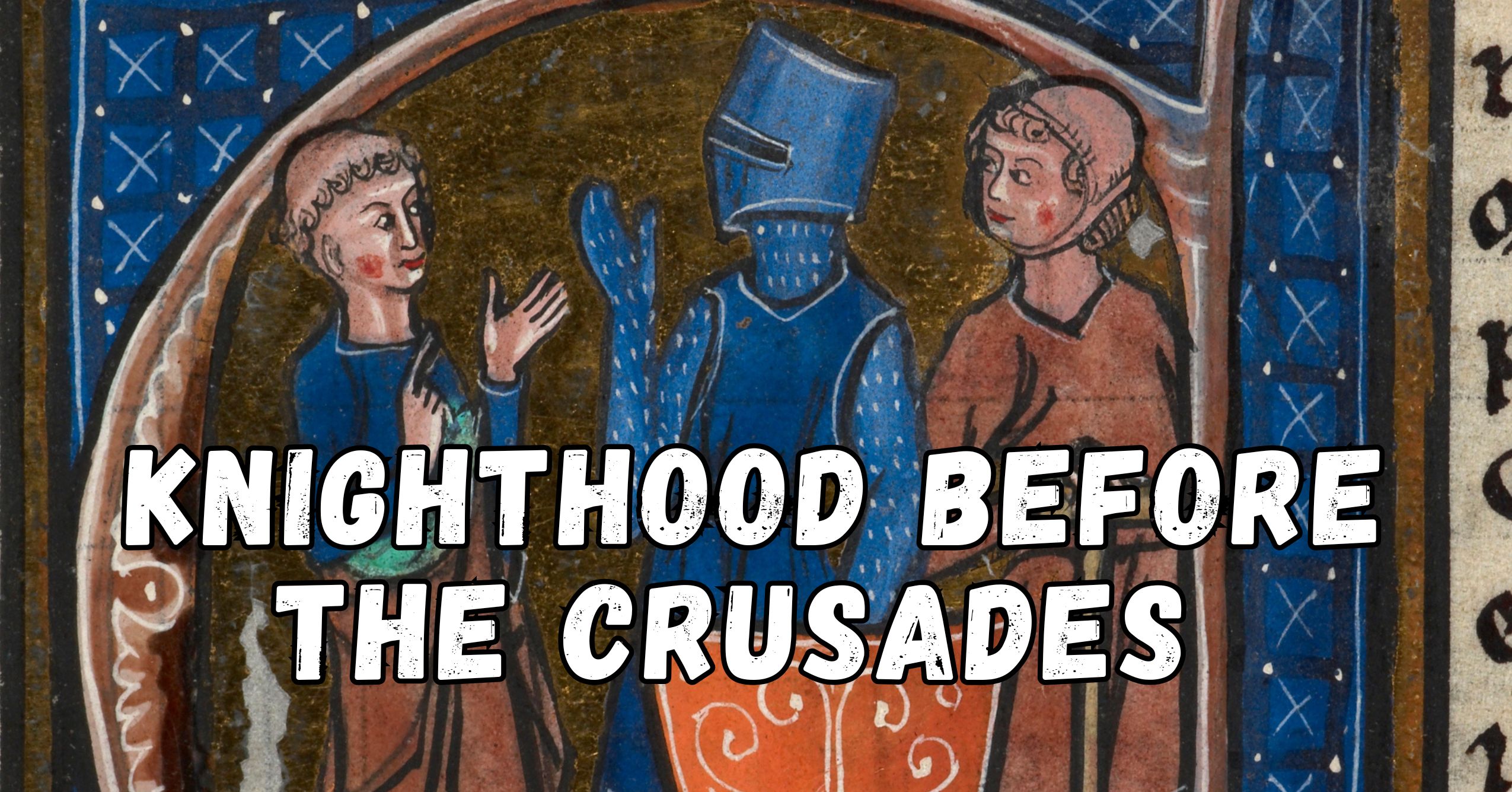
"In the decades before the First Crusade, European society was being reshaped by debates over power, warfare, and faith. Bishop Gerard of Cambrai offered a striking vision of fighters, farmers, and the faithful that challenges modern ideas about the origins of knighthood. During the 1020s, two bishops from the old kingdom of Lotharingia, Adalbero of Laon (977-1030) and Gerard of Cambrai (1012-1051), independently from each other described contemporary society as being organized in three orders: those who fought, those who labored, and those who prayed."
"Influenced by the anthropological and sociological turn in historical studies in the period after the Second World War, the famed French historian Georges Duby drew upon these early eleventh-century works to assert that medieval European society participated in a general worldwide societal structure in which two elite groups were raised above the common mass of humanity, namely warriors and priests."
"Duby argued that in the region of the Mâconais, some 500 kilometers to the south of Lotharingia, he could demonstrate that the Latin term miles, which originally had denoted a professional fighting man, gradually became synonymous over the course of the tenth century with the term nobilis. On this basis, he concluded that society throughout the old Carolingian Empire had become reorganized into the three orders described by Bishops Adalbero and Gerard."
During the early eleventh century, bishops described society as divided into three orders: those who fought, those who labored, and those who prayed. Later scholarship used these descriptions to argue that medieval European society reflected a broader worldwide structure elevating warriors and priests above common people. Research traced semantic changes in the Latin term miles in the Mâconais, showing it shifted from 'professional fighting man' to a synonym of nobilis during the tenth century. Scholars concluded that the Carolingian Empire had reorganized into the three orders and that nobility derived authority from a monopoly on military force, especially mounted combat. This redated the emergence of feudal society.
Read at Medievalists.net
Unable to calculate read time
Collection
[
|
...
]